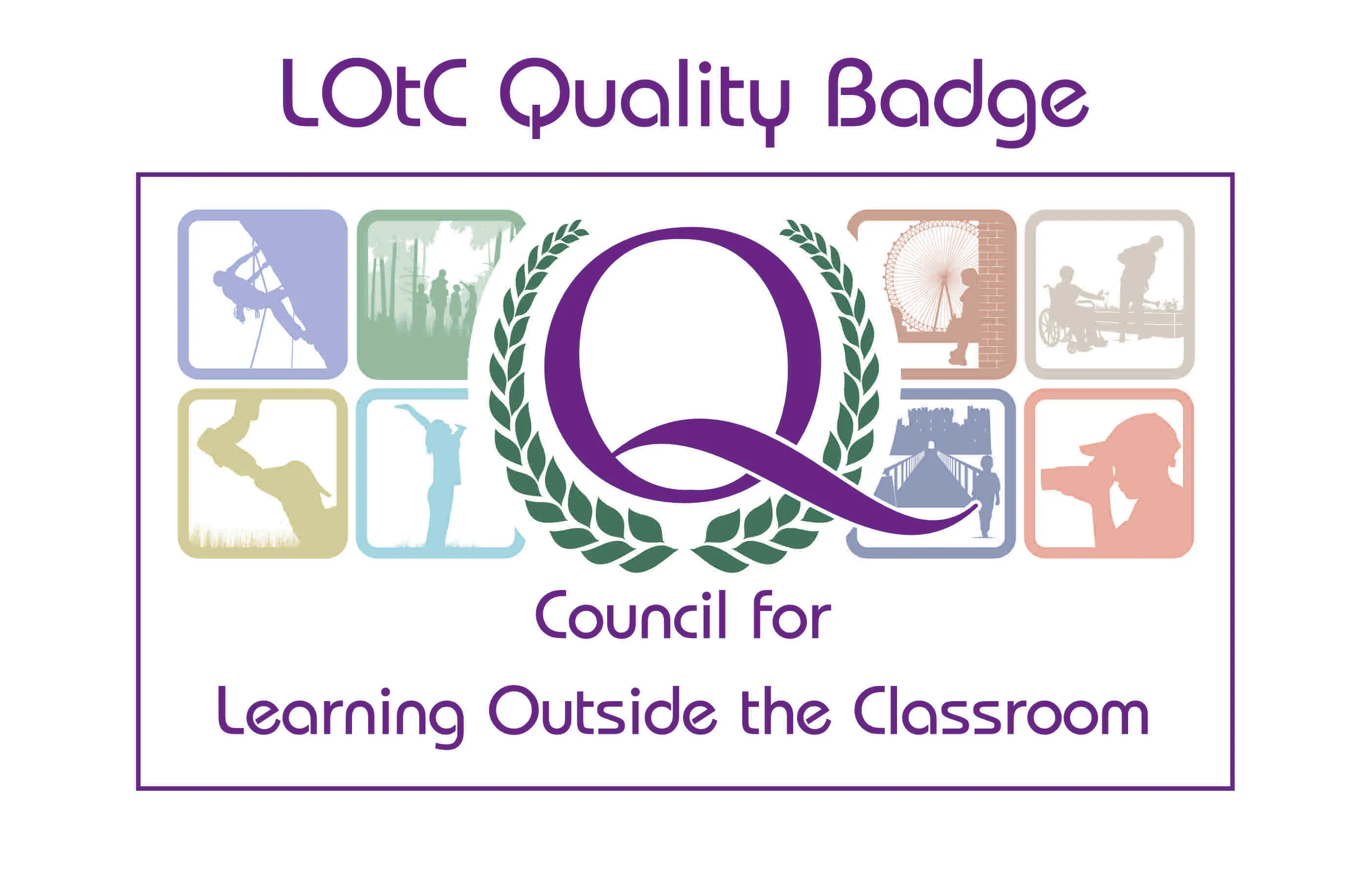
The top 11 benefits of outdoor learning for schools
There is so much to see and explore when outside - the perfect environment for 'learning by doing'
Some of our biggest learning experiences come to us when we venture outside. For school children, no matter how interesting the topic, it can be difficult to concentrate and fully learn when continuously in a classroom environment. That is why getting outside and learning through adventure is really powerful and can bring subjects to life. Whilst enjoying their activity programmes, children get to put into practice skills such as problem solving by practically ‘learning by doing’.
There is so much to see and explore when outside. The senses go into overdrive with new sights, smells, things to hear and touch. We become fully aware and present in outdoor environments doing something outside of the ordinary - the perfect environment for learning.
So, what are the benefits of adventure learning?
1) Team Building
We all know that being able to work with others is a key skill; it helps at school, with hobbies, in future workplaces, and every-day life. Ina residential environment, not only do children get to participate in teambuilding activities, such as exploration in the outdoors or building a raft together on a lake, but by living together they really bond as teams. Celebrating wins and having the skills to empathise with others improves wellbeing.
2) Communication
In a new environment, situation or group, new communication skills are learned. Being able to communicate effectively, especially in unusual situations, accelerates these skills in the way that ideas and information is shared. Children’s listening skills are enhanced through learning from activity leaders and by interacting, for example, voicing solutions to the challenges they are set during tasks.
3) New friendships
Being thrust into new group situations creates opportunities for new friendships to be formed. People are creatures of habit and when we are with the same people each day it can be difficult to branch away and create new friendships. However, a new environment and trying out new activities as part of a new team encourages children to interact and bond.
4) Problem solving
For older school groups, we encourage a ‘plan, do, review ’structure to ‘learning by doing’, which means that young people need to think strategically and consider all their options before taking part in an activity. All activities then end in review sessions where pupils are asked to consider the strengths and weaknesses of their planning and action phases, and think about what could have been done differently. It is a good way to get them to consider activities as learning opportunities and think about what they will take with them when they are next presented with a problem solving opportunity.
5) Resilience
The age old adage ‘if at first you don’t succeed, try, try and try again’ couldn’t be more accurate. Building resilience from a young age helps to equip young people for setbacks in their studies and life in general. Those who are equipped with a higher level of resilience find they enter new situations with more confidence. Through adventure learning and residential experiences away from home, young people learn new skills and are often faced with new challenges that require determination and perseverance.
6) Leading and supporting
Being able to lead and feel comfortable in a leadership role is a wonderful skill that can be developed from a young age. During activity challenges, pupils get to consider what role they are playing within a team, how effectively they communicate, and what qualities they bring to the task. Taking part in lots of activities in various group dynamics, while trying out different roles within the team, will allow pupils to reflect on how they could better lead or support their peers to get the best possible outcome in a situation.
7) Challenge and risk
Through adventure learning at Skern Lodge, young people are encouraged to take risks within the safety of a controlled and supported environment. By taking new risks and challenging personal boundaries, young people leave with new-found confidence and the realisation that they can achieve what they set their minds to.
8) Building self-confidence
As we’ve discussed, a residential experience is invaluable in building a young person’s self-belief and confidence. Being in a new environment, problem solving outdoors and being away from parents, sometimes for the first time, creates an environment where children thrive and discover strengths they never knew they had.
9) Motivation
Learning is most effective when it’s fun, and what is more fun than learning through adventure? Many outdoor activities aren’t easy, for example, archery, climbing and raft building, but they encourage pupils to dig deep, stay enthusiastic and put in the effort in order succeed.
10) Becoming environmentally aware
With the global climate crisis, it is helpful for children to understand how their behaviour affects the environment, which is best demonstrated in an outdoor environment. Asking children to consider what their ‘footprint’ is and how they can help take care of the world around them, with practical examples, is a useful learning activity.
11) Learning a new skill
For many children, immersing themselves in outdoor adventure will mean they have the opportunity to try many new things and learn new skills. Whether that’s tying safe knots to keep a raft afloat, using friction to light a fire, or scoring a bullseye in archery, new ways of learning from anew environment is really inspiring and motivating.
Find out more about school trips at Skern Lodge.






